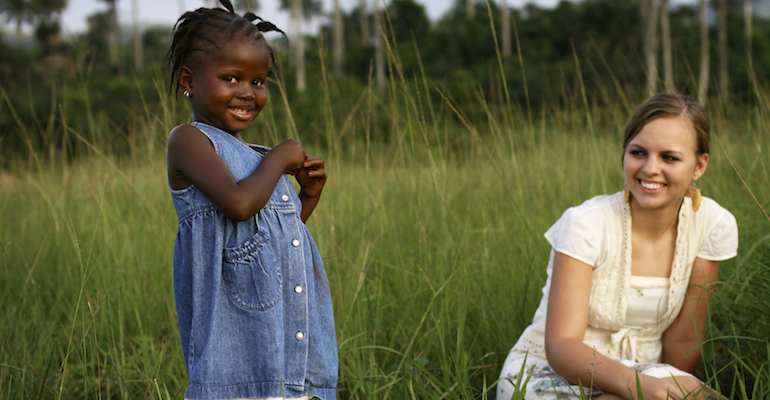Families Adopting from the Democratic Republic of the Congo May Receive Financial Relief: For more than two years, the Democratic Republic of the Congo (DRC) has suspended exit permits, preventing many families from bringing their adoptive children back to the United States. The Adoptive Family Relief Act, which would alleviate the financial burden on these families, who have had to renew their children’s visas every six months until the suspension is lifted, has passed in the U.S. Senate and House of Representatives. If signed by the president, it would offset the costs for parents of paying for schooling, medical care, and foster care for their children waiting in the DRC.
“Simple” Adoptions from Haiti Must Be Converted to Plenary Adoptions: In early September, the Haitian Central Authority, L’Institut du Bien-Être Social et de Recherches (IBESR) indicated that all intercountry adoptions completed after November 15, 2013 as simple adoptions must be converted to plenary (full) adoptions. The Department of State and U.S. Citizenship and Immigration Services were still in discussion with IBESR about the conversion process at press time. If you are in the process of adopting from Haiti, please remain in close contact with your service provider and monitor adoption.state.gov for further updates.
Orphanages in India Close Rather than Allowing Single and Divorced Parent Adoption; Restrictions Loosened for Non-Indian Citizens: Thirty orphanages stopped adoption services rather than comply with new Central Adoption Resource Authority (CARA) guidelines that match children and prospective parents through a central database and make it easier for single and divorced parents to adopt. India is trying to overhaul its domestic adoption process to allow for more of the estimated 16 to 30 million orphans in the country to find homes. The government was hoping to persuade the orphanages run by the Missionaries of Charity to work with the new system, considering their long experience with adoption, but the order refused and has been transferring children to other adoption homes. Agencies are reporting that the new law has cut the waiting period to adopt domestically from several months to a few weeks.
India’s new adoption guidelines have also removed the quota on Indian children not classified as having special needs who may be eligible for intercountry adoption and will now allow prospective parents who are not Indian citizens to adopt non-special-needs children. CARA will continue to give preference to Indian citizens for placements.



